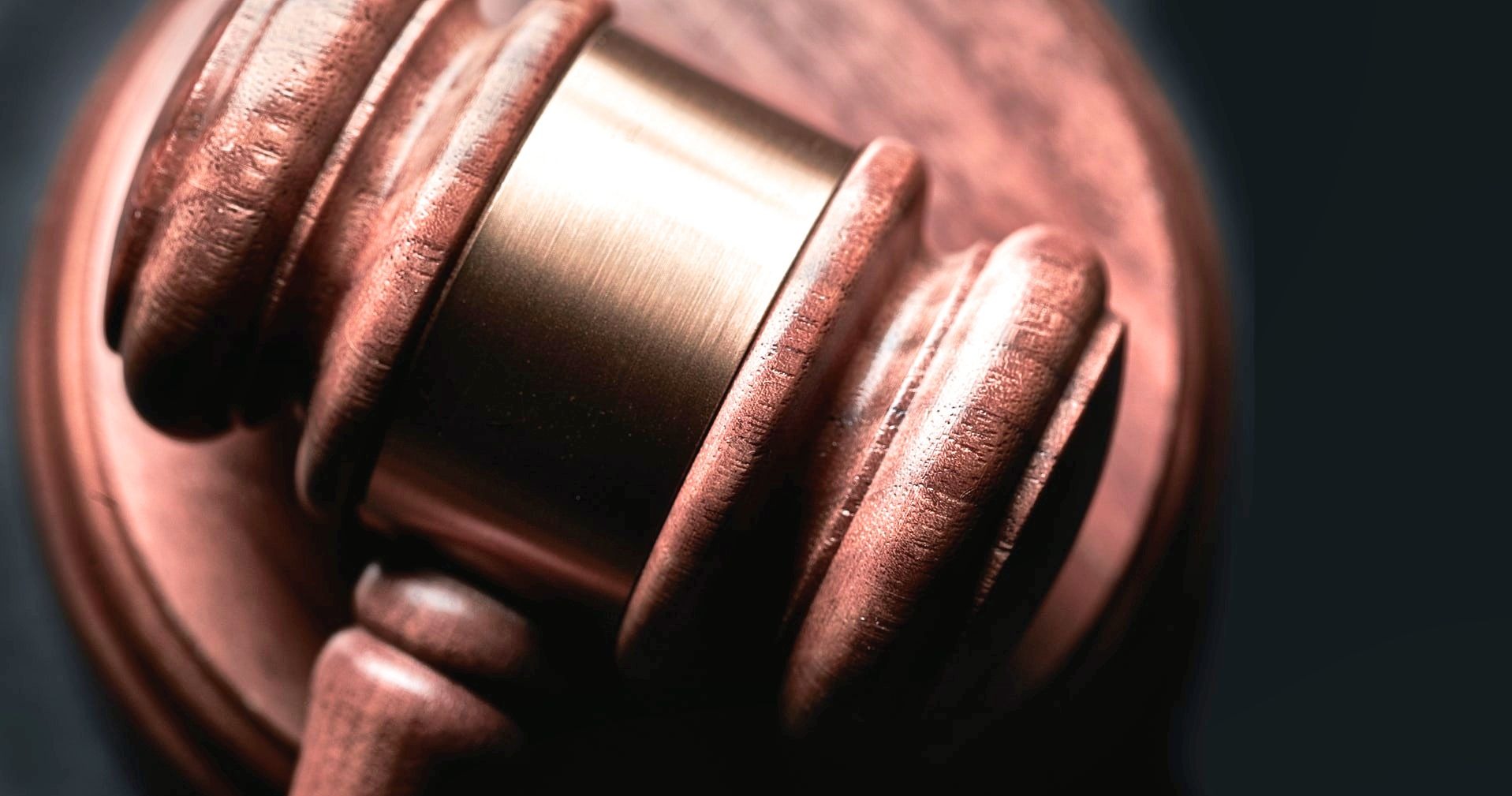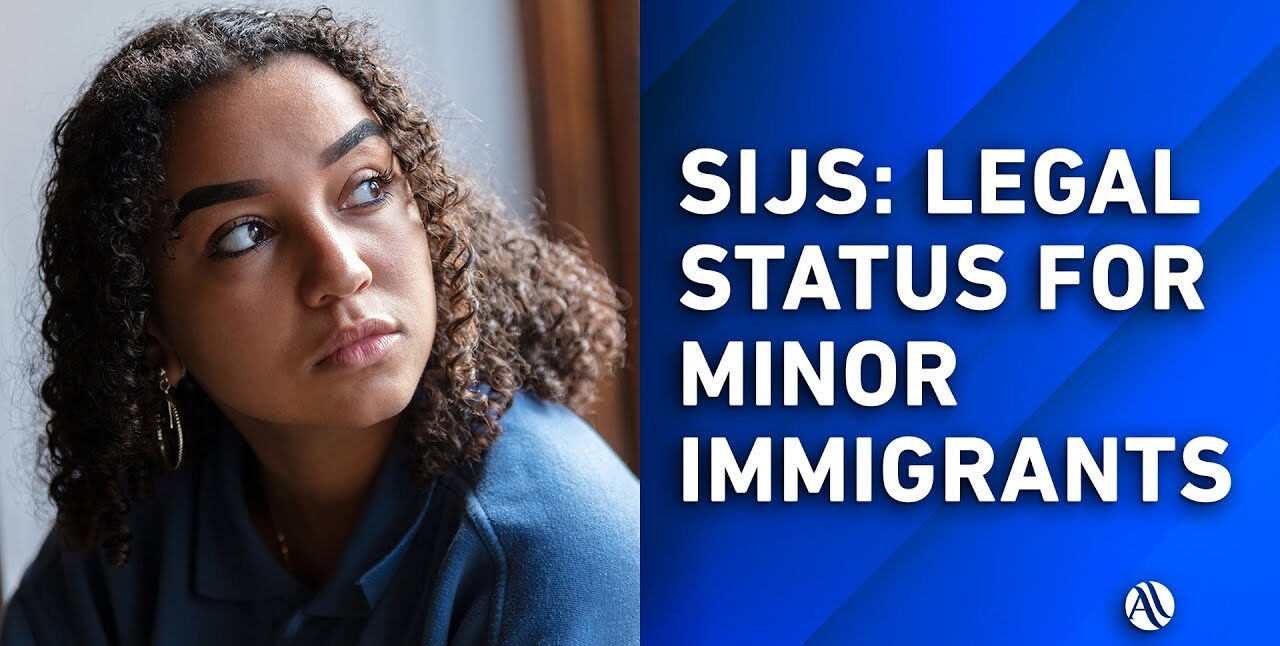Suppression of evidence
In criminal law, evidence is a key component. It can be used to undermine the case of the prosecutor or to support acquittal. However, there are limits to how evidence can be used at trial. One way to fight charges is to suppress evidence. Looking for the best criminal solicitors in Melbourne?
To suppress evidence, you must file a motion with the court in which the charges are filed. The court will either grant or deny the motion. If the judge denies the motion, you can appeal it. If the prosecutor responds, and the case goes on trial, the prosecution can use the evidence. A skilled defense attorney can help. The skilled defense attorney can use the information to negotiate a plea bargain or suppress evidence.
There are various reasons why evidence can be suppressed. One reason for evidence being suppressed is if the police violate your constitutional rights. For instance, if the police searched you without a valid warrant, or if they did not give you the right to an attorney during the process of the search. Another reason is if the police did not properly secure or tag the evidence.
An attorney can suppress evidence obtained by illegal means. This includes evidence of illegal traffic stops and illegally seized drugs. Other examples include evidence obtained after a civil rights violation.
Suppression of evidence is a legal procedure, so not all lawyers know how to do it. You should hire an experienced criminal attorney who can guide you through this important step in your defense.
A hearing is held to determine whether the evidence is admissible. Both the defense and the prosecutor make arguments based upon the facts presented at the hearing. Judges may agree to suppress evidence gathered as a result an illegal search. They can also agree to suppress evidence that was gathered in violation the Constitution or other statutes.
When you have been charged with a crime, it is vital that you understand your rights and how the rules apply to your case. These rights include the right to an attorney, freedom from unreasonable searches and seizures, equal protection according to the law, as well as the right not to be subjected or forced to search your home. A criminal defendant’s case may hinge on one piece of evidence. Suppression is an effective tool to keep that evidence out of the hands of the jury.
While there are limits to how evidence can be suppressed, a good defense lawyer knows how to use this strategy. A good defense lawyer can identify evidence that is illegal, hearsay or prejudicial and get it suppressed. A skilled attorney can also use the information to negotiate a favorable deal or suppress the evidence.
As a defense attorney, you have the privilege of cross-examining police officers. However, you cannot conduct the cross-examination yourself. An experienced criminal attorney should review the case to ensure that the officer does NOT abuse his or her authority.
Attracting and keeping clients
You need to be a criminal lawyer for breaching an intervention. Attracting clients can be difficult, regardless of whether you are new to the field or have been in practice for many years. The law profession is one of the most competitive industries out there, and there is an enormous amount of competition for the top spots on a potential client’s shortlist. A comprehensive and effective marketing strategy is essential to your success. Here are some tips to help you get started.
Ensure that your website is optimised for prospective clients who are ready to hire you. Use Google Adwords to bid for key search terms and pay for a good placement. This is especially important if your target audience is looking for a lawyer online.
Another way to increase your reach and visibility is to optimize your website for local maps pack listings. This type of search engine optimization can give your company a competitive edge over other firms. Potential clients will see a map and links to your site when you are listed in these directories. These listings will be displayed in organic searches so your firm will appear in the first few results.
Another way to gain the attention of your prospects is by using a video. A quick recording of a brief message about your services can be a great way to show your passion and build your reputation. However, it’s a good idea to hire a digital marketing agency for this kind of work.
An automated email program can be used to send newsletters or other content to clients. Many law firms have designed email funnels to convert leads into active clients. This will increase the effectiveness of your legal newsletters, as it ensures that the information is relevant for your clients. Also, you can include relevant news stories in your newsletter.
You can create a “problems that we solve” tab on the site. This tab will include the types of cases you work with. For example, if you focus on family law, you may have a section on child custody and parenting issues. Your website should be easy-to-use and answer any questions that your potential clients may have.
Another tactic is to have a list of questions you typically get when talking to a client. You should write down all questions you get so that you can provide an appropriate answer. You can do this by making a list of 50 questions that you get from prospective clients and then placing stars next to the ones you consider smart.
Participating in industry committees or media coverage is another great way to be a thought-leader. But you should also take note of what your clients are saying about you. A review is a great way to improve your profile. You might be surprised at how many people will review your services.
Moral dilemmas
There are a number of ethical dilemmas facing criminal lawyers today. Aside from the obvious, lawyers must make a conscious effort to represent their clients’ best interests. This includes the use of the courtroom, procedural defenses, and technical defenses to ensure their client gets fair treatment. They must also be careful to maintain a clear line between representing clients and protecting their client’s reputation.
The most interesting ethical dilemma is when a lawyer must choose between representing two defendants in a single indictment. The defense attorney may not be able to provide an effective defense if both defendants are guilty. Referring the case to another defense lawyer may be a way for a defense attorney to fulfill their professional responsibility to clients. In some cases, however, the situation is not so cut and dry.
A defense lawyer might be required to represent a client in a case involving sexual assault. However, the defense attorney may also find it necessary to refer the matter to a colleague who has a personal stake in the outcome. Similarly, the attorney may need to consider a plea deal in a highly publicized case involving a high-profile defendant.
The most important rule of thumb for a defense lawyer is that he or she must give undiluted loyalty to their client. This is a difficult job in today’s criminal justice system, where crime is growing at an alarming pace. Thus, a defense attorney must be willing to give his or her all to protect the rights and reputation of the client, regardless of whether the client is innocent or guilty.
On the other hand, a defense lawyer’s professional duty to his or her client also requires that he or she adhere to legal statutes. The law governing criminal law is a complicated and multifaceted piece of legislation that is prone to confusion. Therefore, it is not surprising that attorneys on both sides of the judicial equation have a difficult time keeping abreast of the latest developments. Moreover, there are numerous statutory limitations on what a criminal lawyer can and can’t do. Fortunately, these rules are more rigorous than they used to be.
The best defense lawyers can provide the best representation for their clients. This can be achieved by a combination of ethical principles, such as confidentiality and the proper use of the courtroom. Additionally, the most effective attorneys are those who are able to strike the balance between providing the defense lawyer’s best representation and protecting the client’s reputation. Ultimately, this is the most important job a criminal lawyer can have.
To be sure, there are many other moral and ethical dilemmas that a defense attorney faces, ranging from the ethical lapses posed by plea bargaining to the question of which client deserves the most lenient sentence. Lawyers on both sides of a judicial case have the chance to learn from their mistakes.



